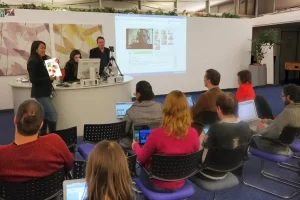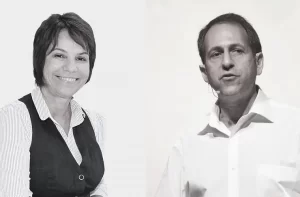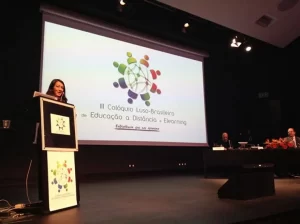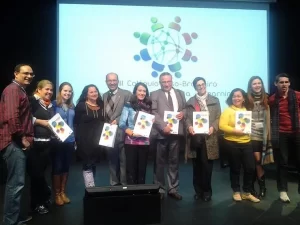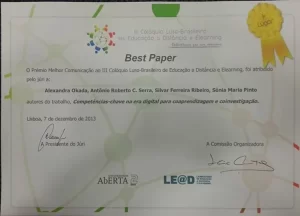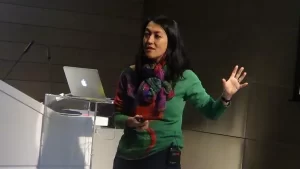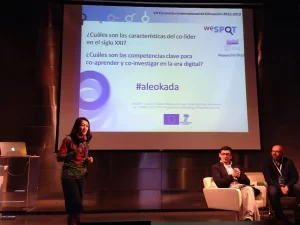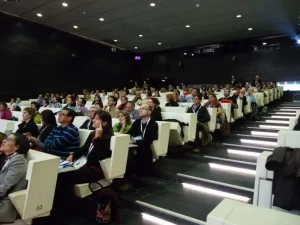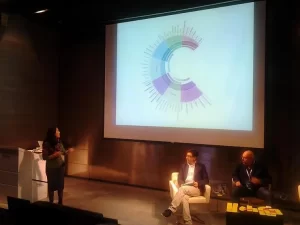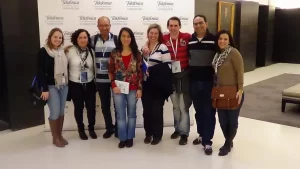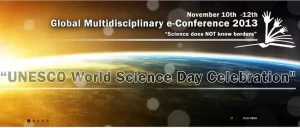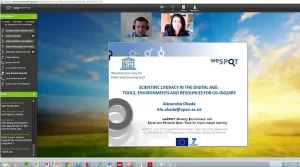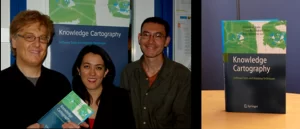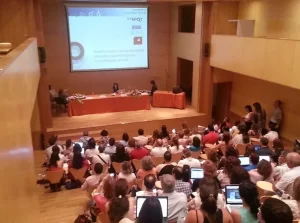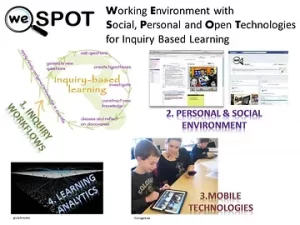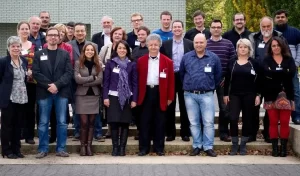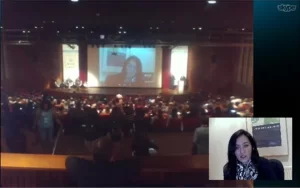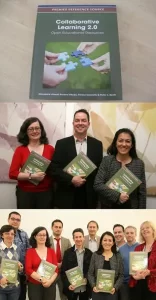Alexandra Okada, Monday 06 January 2014 |
Ligia Puppato, the Secretary of Digital Inclusion of Brazil Government, visited the Open University to gain insight into the future of Knowledge Media Technologies, especially in the context of open education and smart cities. She also took part in a webinar at KMi podium to launch the 3rd edition of the book, “Open Education Resources and Social Networks,” along with Peter Scott, the director of KMi, and the book’s editor, Ale Okada.
The webinar commenced with an opening address by Larry Cooperman, the president of Open Education Consortium from California, and Danilo Mendonca, OEC Brazilian member. It featured several co-authors of the book from different regions in Brazil and attendees from “Telecentros,” which are ICT centres established in remote areas as part of Brazil Government’s strategies for promoting Digital Inclusion.
During her presentation, Ligia congratulated all the participants in the book and emphasised Online Education as a key strategy for expanding formal, informal, and non-formal learning in Brazil—a country with vast geographical and social diversity. She stated, “Our challenge today, with so many projects being conducted, is to include people digitally, but mainly to ensure that they can have a sense of ownership of these technologies through open education.”
Larry Cooperman underscored the importance of a “Global open education infrastructure,” stating that achieving this goal can reduce the cost of university education and extend higher education to new populations that have lacked access. This, ultimately, serves as the social objective behind all the work reflected in the “OER and Social Networks” book.
The “OER and Social Network Book ” can be accessed at oer.kmi.open.ac.uk and was also published by EDUEMA in Brazil. Five hundred colour-printed copies were distributed free of charge.

